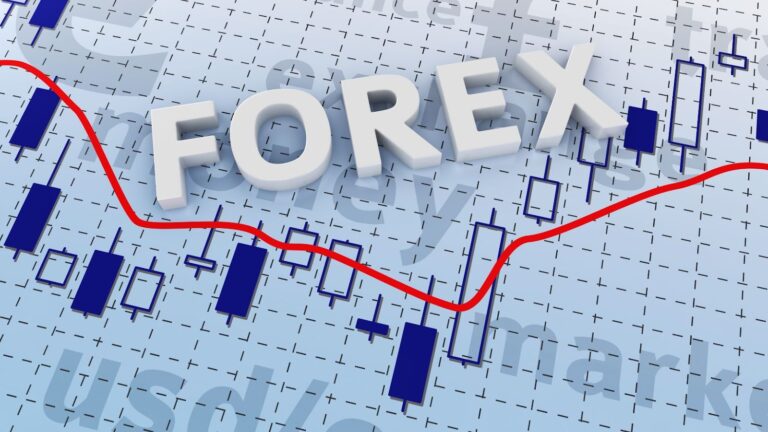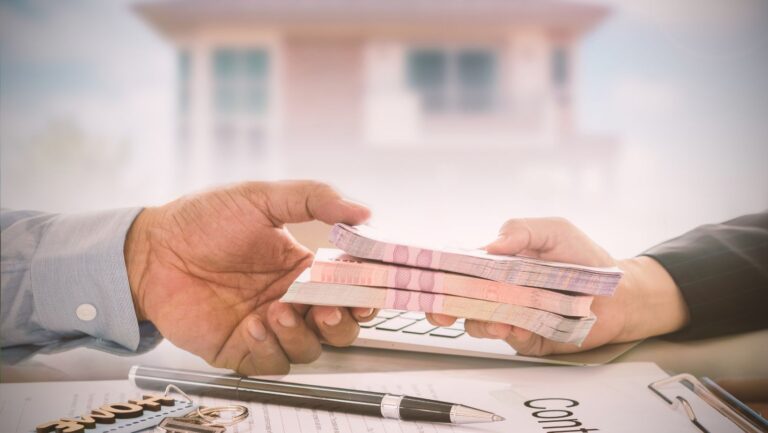- Know what you’re doing: This may seem like an obvious one, but it can’t be stressed enough. Before entering the world of Forex trading, do your homework and make sure you understand what you’re getting into. There’s a lot of risk involved and if you don’t know what you’re doing, you could end up losing a lot of money.
- Start small: When you’re first starting out, don’t try to trade with large amounts of money. It’s best to start small and gradually increase your trading size as you become more comfortable with the process.
- Use stop-loss orders: A stop-loss order is an order that automatically sells your position when it reaches a certain price. This is a valuable tool that can help you limit your losses and protect your profits.
- Be patient: Don’t expect to make a fortune overnight. Forex trading takes time and patience. Stick with it and don’t get discouraged if you have some losing trades.
- Have a plan: Develop a trading strategy and stick to it. Don’t let your emotions get the best of you and don’t make impulsive decisions.
- Keep a journal: Keeping a journal of your Forex trading activity can be very helpful. It can help you track your progress, spot patterns, and stay disciplined.
- Stay informed: Keep up with the latest news and events that may impact the currency markets. This will help you make better-informed trading decisions.
- Use risk management tools: There are a number of risk management tools available to help you minimize your risk and protect your profits. Theseinclude stop-loss orders, limit orders, and trailing stops.
- Know when to take profits: It’s important to know when to take profits so you don’t give back all of your gains. A good rule of thumb is to take half of your position off the table when your trade is up 50%.
- Have realistic expectations: Don’t expect to get rich quick in Forex trading. It takes time, patience, and discipline to be successful.
- These are just a few forex trading tips to help you get started. Remember, like any form of investing, there is risk involved so make sure you do your research and understand what you’re doing before putting any money at risk.
How much does a forex trader make?
This is a difficult question to answer because there is no one-size-fits-all answer. The amount of money that a forex trader makes depends on a number of factors, including the trader’s experience, risk tolerance, and investment strategy. Generally speaking, however, most forex traders can expect to make between 5% and 15% return on their investment each year.
What is the best time to trade forex?
The best time to trade forex is during the hours when the greatest amount of market activity takes place. The Forex market is open 24 hours a day, but not all times are created equal. The busiest and most active times are typically during the London and New York sessions, which are when most institutional traders are active in the market.
What is a pip in forex?
A pip is the smallest unit of price movement in the Forex market. Most currency pairs are quoted to four decimal places, so a move from 1.2500 to 1.2501 would be a one-pip move. Pips are used to calculate profits and losses in the Forex market.
What is leverage in forex?
Leverage is the use of borrowed capital to increase the potential return of an investment. In the Forex market, leverage allows traders to control large positions with a small amount of capital. Leverage is typically expressed as a ratio, such as 50:1, 100:1, or 200:1.
What is a lot in forex?
A lot is the standard unit of measure in the Forex market. A standard lot is 100,000 units of the base currency in a currency pair. There are also mini-lots of 10,000 units and micro-lots of 1,000 units.




